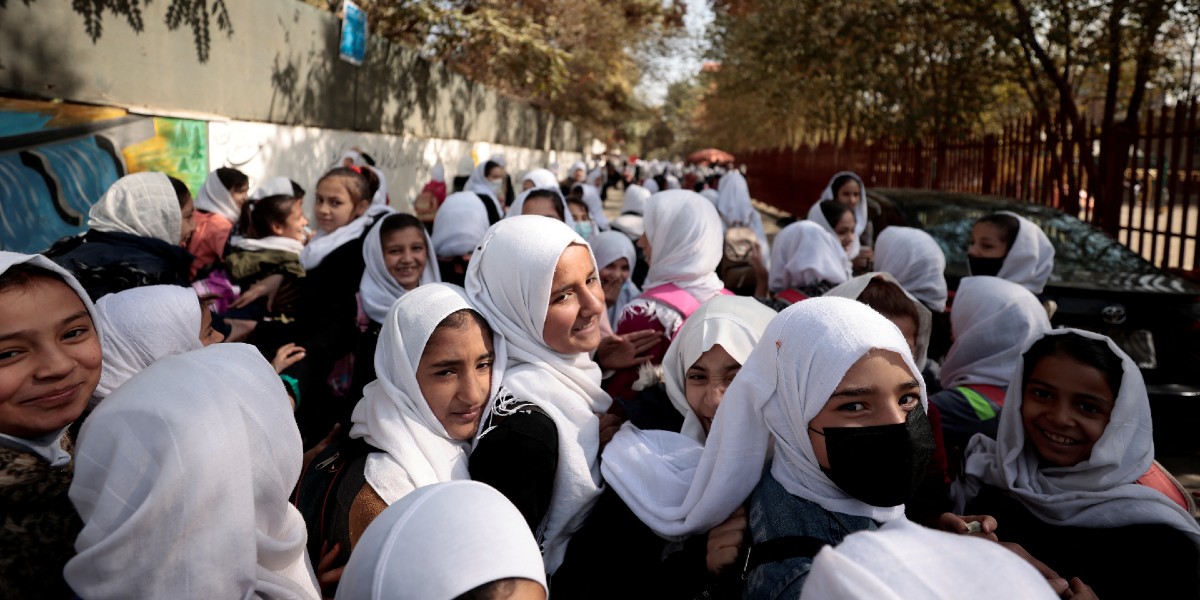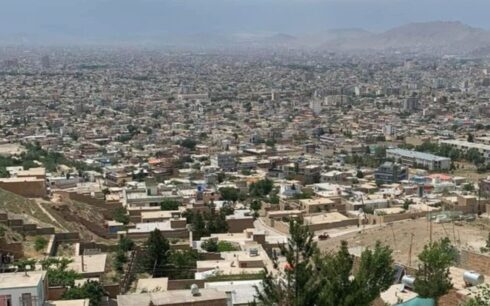As the new academic year approaches, starting in 10 days, residents from various provinces, including girls, have urged the Taliban to reopen secondary schools for girls. These institutions have remained closed for the past 900 days.
They argue that the continued closure of girls’ schools could jeopardize Afghanistan’s future.
“Society needs educated women and girls. How can we have access to female doctors if girls are not educated?” said Mursal, a Kabul resident.
Najmuddin, another resident of Kabul, expressed a similar sentiment, “With the restrictions or closures of schools and universities affecting our dear sisters and the women of our country, we demand the reopening of these institutions in the new year.”
In anticipation of the new academic year, female students hope to overcome the deprivation they’ve faced in the educational sector.
Some girls have voiced their frustration with the ongoing school closures and the uncertainty of their educational future, calling on the Taliban not to bar them from attending school in the new year.
“The continued closure of girls’ schools significantly hinders Afghanistan’s future prospects. We are advocating for the schools to be reopened for girls in the new academic year,” said Najwa, a student.
Several university professors have warned that the closure of schools could negatively impact girls across cultural, social, and economic spheres.
Girls beyond the sixth grade have been excluded from education for more than 900 days. Despite international pressure, the Taliban have yet to reverse their decision.
Many families report that, as a result of these closures, their daughters are facing mental and emotional challenges, and some girls are being coerced into marriage.





